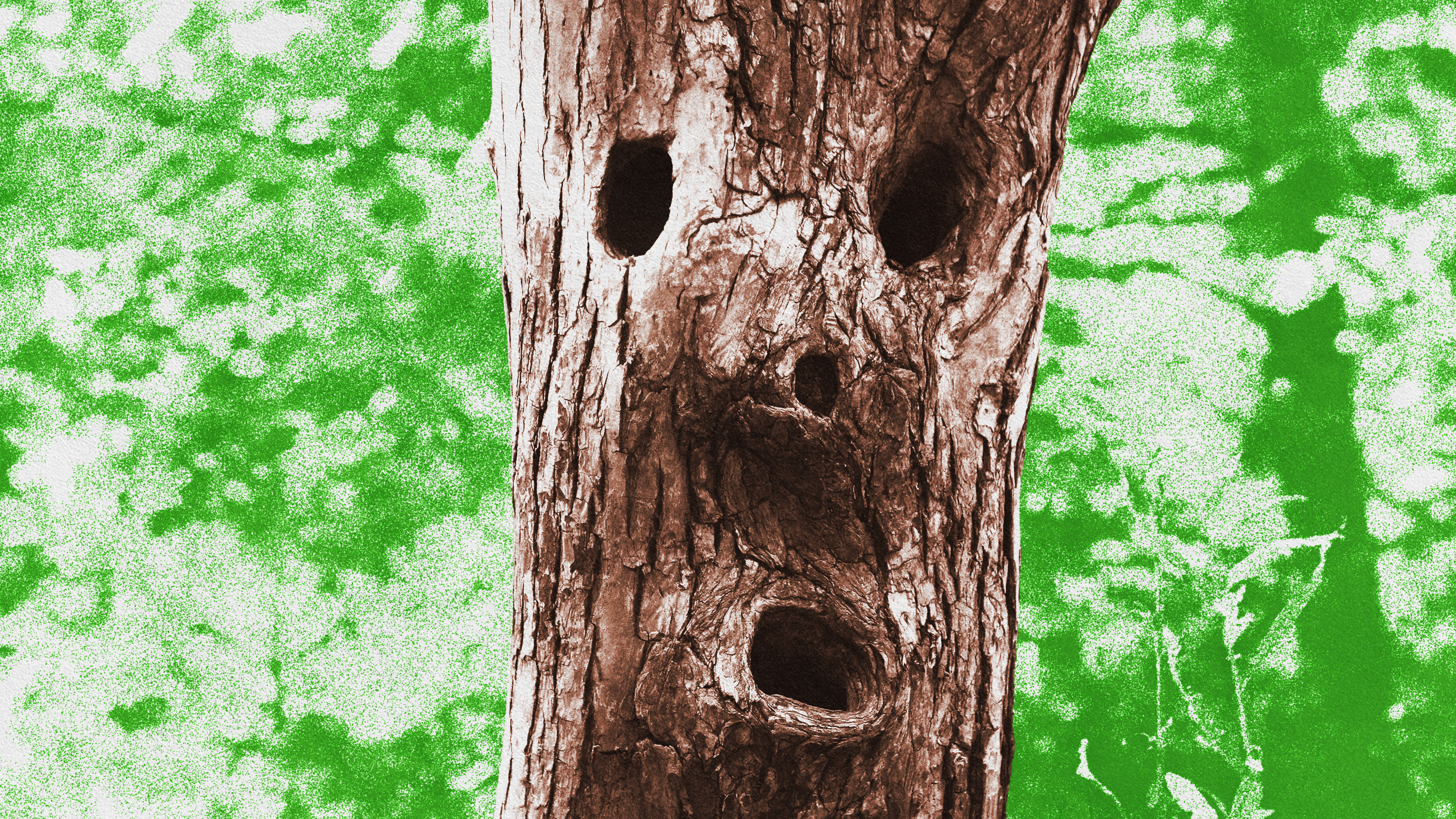Harvard launches law firm for animal advocacy

Bruiser Woods. Still from Robert Luketic's 2001 film, "Legally Blonde."
- Harvard Law School is launching a new clinic to train lawyers in animal law.
- They’re one of the leading institutions in the animal protection movement.
- Increased public interest in animal rights has made this discipline expand rapidly.
Harvard Law School (HLS) recently announced the exciting launch of their own Animal Law & Policy Clinic. Animal Law is a rapidly growing field that deals with the impact or relation we have with all non-human animals of the planet. Harvard reports that in 2000, there were only nine institutions that offered Animal Law courses, that has now skyrocketed to 167 law schools today.
The new clinic will provide students with the broad and extensive knowledge of the field by teaching them how to navigate the legislation, litigation, and policy of animal law on both a national and international level. They’ll work on a number of issues that include, “farmed animals, wildlife, animals in captivity, and the overarching threat to all forms of life from climate change.”
HLS sees themselves as leading the way for the future of the animal protection movement.
Harvard’s Animal Law & Policy Clinic
The new clinic has a great experienced team leading the Animal Law & Policy Program. On the subject of leading the clinic, Faculty Director Professor Kristen Stilt, stated:
“The Animal Law & Policy Clinic at HLS will train and prepare our graduates to embark on careers in the animal protection field, produce impactful litigation and policy analysis to benefit the animal protection movement, and provide an internationally renowned platform for educating the broader public about the many pressing issues involving animal law and policy.”
The clinic will also be led by Visiting Assistant Clinical Professor Katherine Meyer and Clinical Instructor Nicole Negowetti, with recent HLS graduate Kate Barnekow returning as the first clinical fellow, and finally Sarah Pickering as the team’s communications manager.
HLS Dean John F. Manning remarked about the importance of giving students real world experience in the field. He is ecstatic to have such a professional and experienced team in charge.
Meyer has an extensive background in animal protection litigation, having founded an animal public interest law firm 26 years ago — she’s been ahead of the curve for quite some time.
“This is truly thrilling news for our law students and for the entire law school community. Katherine Meyer’s contributions as a public interest lawyer and animal welfare advocate in Washington D.C. are legendary,” said Richard Lazarus, an environmental law professor at HLS.
Negowetti as well is considered a food systems policy expert. She’s spent her career teaching and advocating on the impact of industrial livestock on animal welfare.
“The clinic will provide outstanding training for a new generation of advocates as we identify and pursue high-impact legal strategies to achieve a resilient, healthy, and just food system — for the benefit of human and non-human animals alike,” Negowetti told Harvard Law Today.
With experience related to “plant-based and cell-based meat regulation,” Negowetti has a unique background that is in line with growing trends in the public.
Overall, the Animal Law & Policy Program is inheriting a rich tradition of Harvard Law expertise that has the chance to make some real changes in animal welfare policies.
A growing legal study
Harvard’s animal law program has been the foremost leader and authority in the field for years. They’re expanding into all domains — training lawyers, encouraging thought leadership in academic writing, and engaging with the community at large on the many issues that affect our animal kin.
Speaking with the Harvard Gazette late last year, HLS lecturer Jonathan Lovvorn spoke about the importance of protecting wildlife from our current climate crisis. He considers the world’s most vulnerable population to be animals, especially those in developing countries being ravaged by industry.
“In those countries, especially in terms of climate change, what we see regarding the exploitation and destruction of wildlife is deeply intertwined with the exploitation or destruction of people, communities, and cultures. We can learn a lot about our own social and legal problems by studying our legal problems with wildlife,” said Lovvorn.
Lovvorn has taught classes on wildlife law in the past. He hopes to inspire lawyers to take animal law as a starting point to affect positive change in the world at large:
“The key to wildlife law or other collective issues like climate change is to figure out where you can make a difference, and to talk about how we might change institutions to make them more effective.”
Public interest in animal law
When major brands such as Burger King start rolling out plant-based meats, it’s indicative of the growing power of the animal rights and protection movement. We’re beginning to see the increased public interest in animal law in a great deal of scattered legislation, wildlife conservation, and public discourse.
In California recently, there has been an ongoing effort to ban the sale of fur. This follows a wave of animal welfare legislation that is trying to outlaw cosmetic testing and cruelty on animals with a general push for a more animal-friendly environment.
Concerning the measure, assemblymember Laura Friedman stated,”We’ve seen California voters more than once saying that any product involving animals should be humanely sourced.”
As these many efforts begin to coalesce, places like Harvard’s Animal Law & Policy Clinic will be at the forefront of the change.





